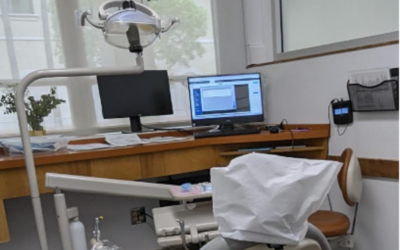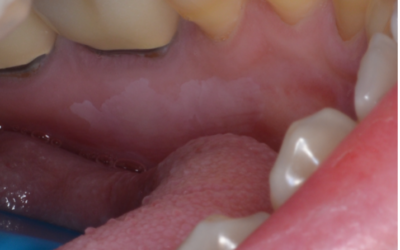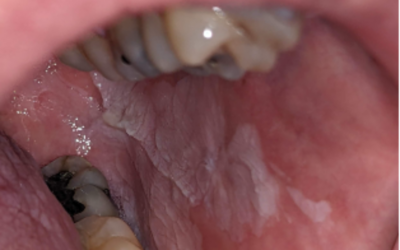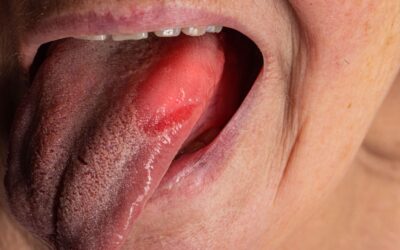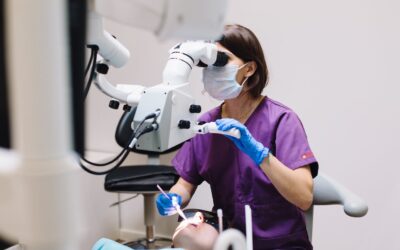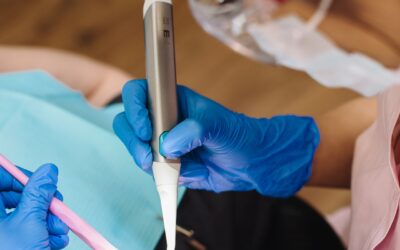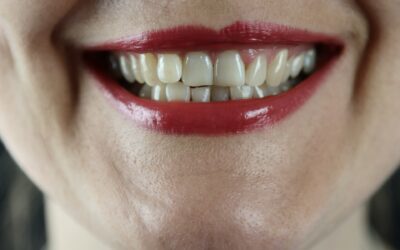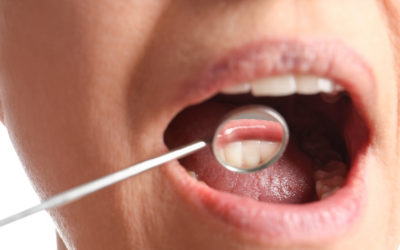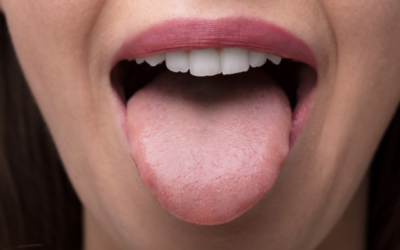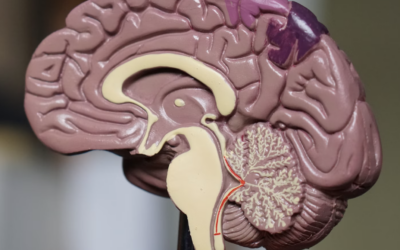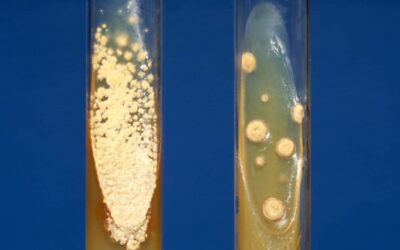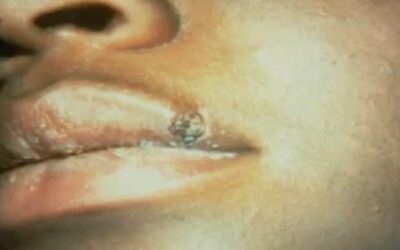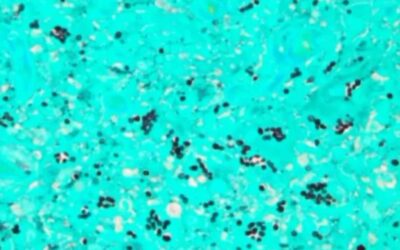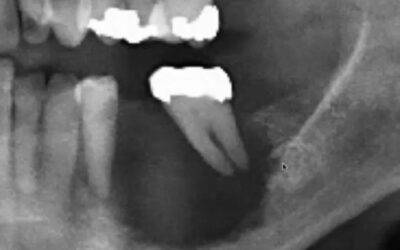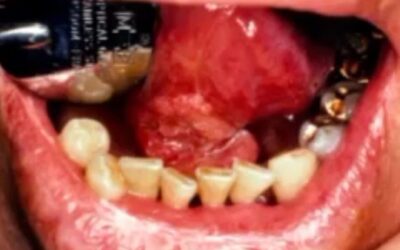https://open.spotify.com/episode/6VjJelaqmrDS37FXQcdbnM?si=co6FT3RPS2ejc8EaAjeGDg Cancer treatment profoundly impacts oral health, creating unique challenges that require specialized dental care and management. As dental professionals, understanding these...
Early Detection of Oral Pre-Cancer
https://open.spotify.com/episode/6EsjRXypaw06Z2nb91fJbS?si=K3NNL__-RkKaZTsihq5wCQ April was Oral Cancer Awareness Month, a crucial time to highlight the importance of early detection and treatment of precancerous lesions in the mouth. What many people don't realize is...
Global Public Health Responses to Oral Precancerous Lesions
https://open.spotify.com/episode/6zLApbUYQEBaKlnE0vkMUT?si=ewJEdA9oSt2-3bUU44UAYA Oral precancerous lesions represent a significant public health challenge worldwide. These conditions, which include leukoplakia, erythroplakia, and oral submucous fibrosis, oral lichen...
Over-the-Counter Supplements for Burning Mouth Syndrome
Burning Mouth Syndrome (BMS) is a chronic condition that causes oral burning for more than two hours daily over three months without any evident clinical changes or lesions in the oral mucosa (Figure 1). This burning sensation is usually associated with dry mouth and...
New Advances in Oral Cancer Detection
Oral malignancy ranks among the most prevalent cancers worldwide. Dentists, as frontline healthcare specialists, play a crucial role in detecting benign and potentially malignant oral conditions, including oral cancers. The high prevalence and often delayed detection...
Misconceptions in the Cleft Lip and Palate Community
Cleft lip (CL) and cleft palate (CP) are congenital deformities caused by unusual embryonic facial development during intrauterine life [1,2]. This medical condition is not a significant cause of mortality in developed countries; however, it does cause considerable...
The Link Between Tobacco, Alcohol, and Oral Cancer
Oral cancer is a significant public health problem worldwide, ranking as the 6th most common cancer with a 5-year survival rate of 50% [1]. It accounts for roughly 3% of all cancers diagnosed annually in the United States. On average, 90% of these cases are oral...
When to See a Dermatologist for Lichen Planus
Lichen planus (LP) is an immune-mediated disease with an unknown etiology. Its clinical presentation waxes and wanes, and its severity goes from symptomatic oral erosions with erythema to asymptomatic white striations. In the oral cavity, the locations of these...
Common Viruses of the Mouth: Herpes Simplex Viruses 1 and 2
Common viruses that can be present in the oral cavity are Herpes Simplex 1 and 2. Herpes Simplex Virus Type 1 (HSV-1) is spread predominantly through infected saliva or active perioral lesions. HSV-1 is adapted best and performs more efficiently in the oral, facial,...
Squamous Cell Carcinoma: A Silent Killer
Squamous Cell Carcinoma is a deadly malignancy disease that primarily affects the oral cavity tissue and accounts for more than 90% of all oral malignancies [1]. OSCC dramatically affects patients’ quality of life, resulting in high morbidity and mortality rates. The...
Exploring the World of Oral and Maxillofacial Pathology and Radiology
Oral and Maxillofacial Pathology is a specialized field in dentistry and pathology that focuses on understanding, identifying, and treating diseases that impact the oral and maxillofacial region. It involves investigating the reasons behind these diseases, how they...
A Closer Look at MRONJ: Medications, Risks, and Dental Management
Osteonecrosis of the jaw (ONJ) occurs when there is damage to the bone that interrupts the nutrient supply or because of a medical condition that reduces bone health (Sedghizadeh, 2009). When the ONJ is associated with medications, it will be referred to as...
HPV Uncovered: Vaccination, Oral Lesions, and Comprehensive Care
Human Papillomavirus (HPV) is an infectious disease that can cause lesions in the genital and oropharyngeal areas. It is considered the most common sexually transmitted infection (STI) in the United States. Besides being spread horizontally between individuals,...
White Oral Lesions that Need Your Attention
White lesions, also known as "white patches," in the oral cavity refer to abnormal areas of the oral mucosa that have a white or whitish appearance. They may present as patches or plaques on the soft tissues inside the mouth. White lesions can arise from various...
Why is a Tongue Evaluation Important?
Your mouth is one of your body’s most important warning systems. Tongue lesions may indicate a local disease process or an overall systemic issue. Approximately 15.5 percent of US adults present with tongue lesions according to the National Health and Nutrition...
Neurological Consequences of COVID-19
The knowledge and understanding of COVID-19 and its consequences is progressing, giving better insight into the heterogeneous nature of its acute and long-term effects. The available evidence on the pulmonary, cardiovascular, neurological, hematological, multisystem...
Clinical Features, Diagnosis, and Treatment of Erythema Multiforme
Erythema multiforme (EM): First described in 1866 by Ferdinand von Hebra as an acute, self-limited cutaneous disease characterized by multiform skin lesions, now called EM minor [1]. In 1950, Bernard A. Thomas classified EM into erythema multiforme minor (von Hebra)...
How to Perform an Oral Cyst Aspiration and Cytologic Smear
Cyst Aspiration A cyst is a membranous sac or cavity of abnormal character containing fluid. Indications for an Oral Cyst Aspiration For a jaw bone cyst lesion or any large soft tissue oral mucogingival cyst, aspirate the cyst aspiration. To help diagnosis of...
How to Perform an Agar Slant Culture Test for Fungal Infections
The Sabouraud Agar Slant Culture test is used when fungal overgrowth of the oral tissues is suspected, and is used to confirm the diagnosis of a fungal infection. Other adjunctive methods for the diagnosis of oral candidiasis include exfoliative cytology using...
A Dentist’s Guide: Oral Pathology of Vesicular Ulcerative Conditions
Explore a variety of vesicular ulcerative conditions of the oral cavity including common conditions such as Herpes, Syphilis, Aphthous Stomatitis, and Squamous Cell Carcinomas, and rare oral diseases such as Pemphigus Vulgaris, Mucous Membrane Pemphigoid,...
Oral Pathology of Primary, Secondary, and Tertiary Syphilis
Syphilis is actually on the rise, and there is a slight increase in the number of incidents of syphilis recently. California is the second most frequent location in the United States behind New York. Don't have time to read this article? We get it. Download the...
Infectious Lesions of the Oral Cavity: Histoplasmosis & Mucormycosis
So we talked about traumatic ulcerations we talked about squamous cell carcinoma, and OPSCC and HPV. Now we're going to talk about infectious ulcerative lesions including Histoplasmosis and Mucurmycosis. If you're looking for a clinical test to confirm a fungal...
Squamous Cell Carcinoma Pictures of the Oral Cavity
In our previous two articles, Oral pathology of Oral Cavity and Oropharyngeal Squamous Cell Carcinoma, and Oral Pathology of Oral Pharyngeal Squamous Cell Carcinoma and HPV, we looked at histological images, discussed biological profiles, trends, survival rates, and...
Oral Pathology of Oral Pharyngeal Squamous Cell Carcinoma & HPV
OPSCC in HPV Positive vs. HPV Negative Patients You have oral cavity squamous cell carcinoma that is still related to smoking and drinking. Because there is less male smoking and more female smoking it is evening out the incidence of squamous cell carcinoma in the...

